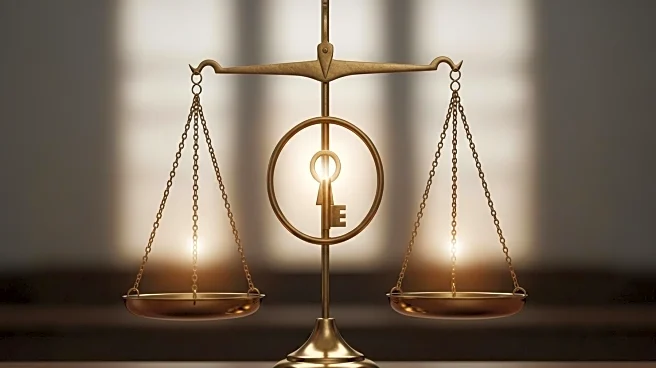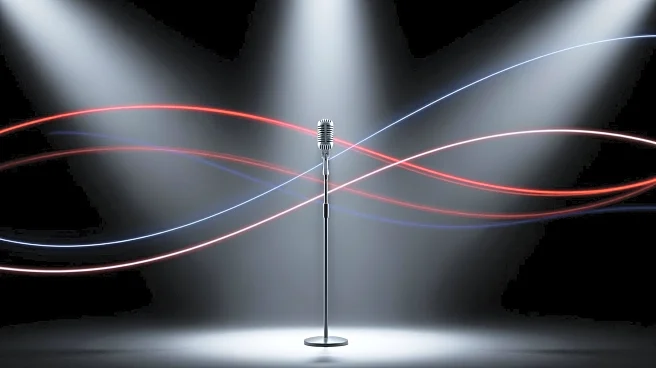What's Happening?
The Supreme Court has announced it will hear a challenge to Hawaii's restrictions on where firearms can be carried, a case that could have significant implications for gun rights across the United States. Hawaii's law, enacted in 2023, prohibits carrying guns onto private property without consent and restricts firearms in public parks, beaches, government buildings, and establishments serving alcohol. This law was adopted following the Supreme Court's decision in New York State Rifle & Pistol Association v. Bruen, which expanded gun rights and required historical justification for gun regulations. The challenge, backed by the Trump administration, argues that Hawaii's law effectively negates the Second Amendment rights recognized in Bruen. The case is set to be a major Second Amendment-related challenge in the court's new term, which begins Monday.
Why It's Important?
The Supreme Court's decision to hear this case underscores the ongoing national debate over gun rights and regulations. A ruling against Hawaii's law could lead to broader implications for similar restrictions across the country, potentially expanding where firearms can be carried. This case is particularly significant as it tests the limits of the Bruen decision, which has already prompted numerous challenges to firearm restrictions nationwide. The outcome could affect businesses, property owners, and public safety policies, with potential changes in how states can regulate gun possession on private and public properties. Stakeholders such as gun rights advocates, state governments, and business owners are closely watching the case, as it could redefine the balance between individual rights and public safety.
What's Next?
The Supreme Court's new term will begin with oral arguments on Monday, and the Hawaii gun law challenge is expected to be one of the major cases. The justices will also address other high-profile issues, including President Trump's actions in office and transgender rights. As the term progresses, the court's decision on the Hawaii case could set a precedent for future challenges to gun regulations. Stakeholders, including state governments and gun rights groups, are likely to react strongly to the court's ruling, which could influence legislative actions and public policy debates on gun control across the nation.









